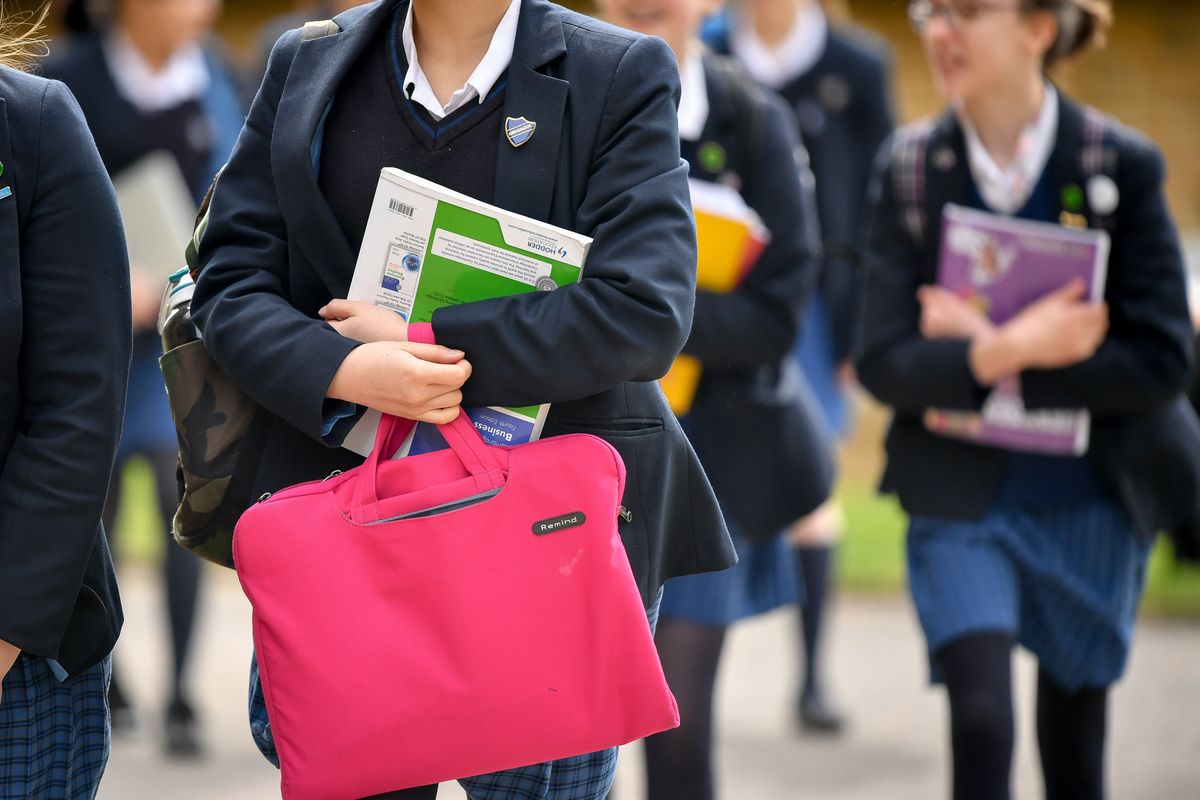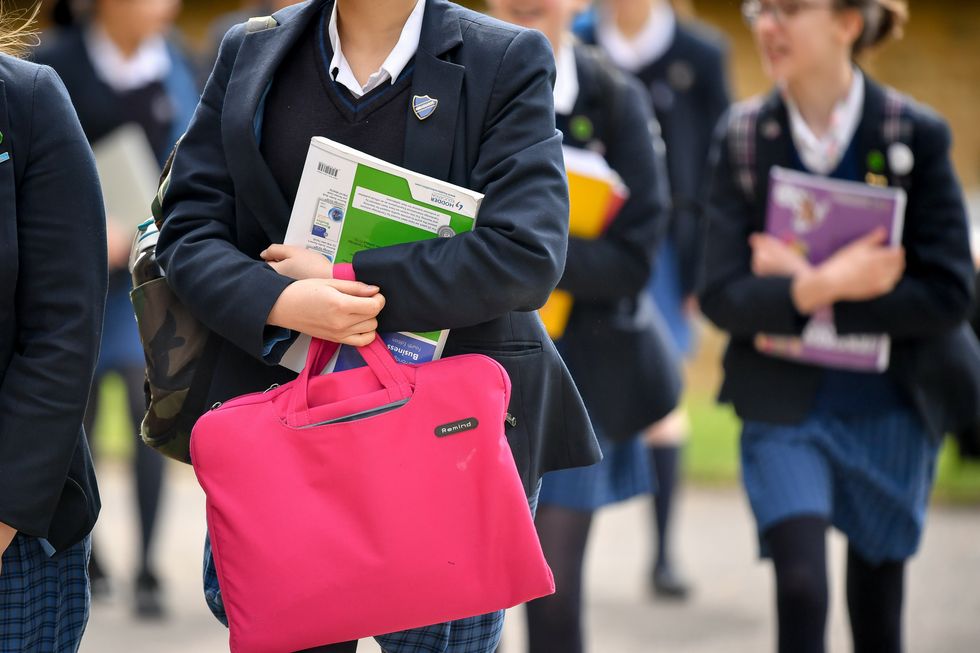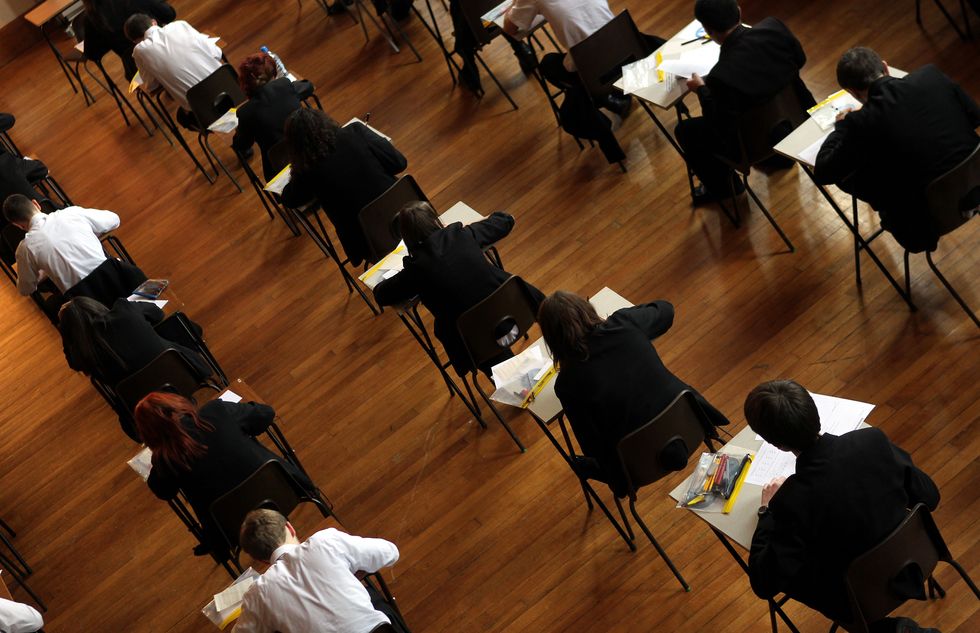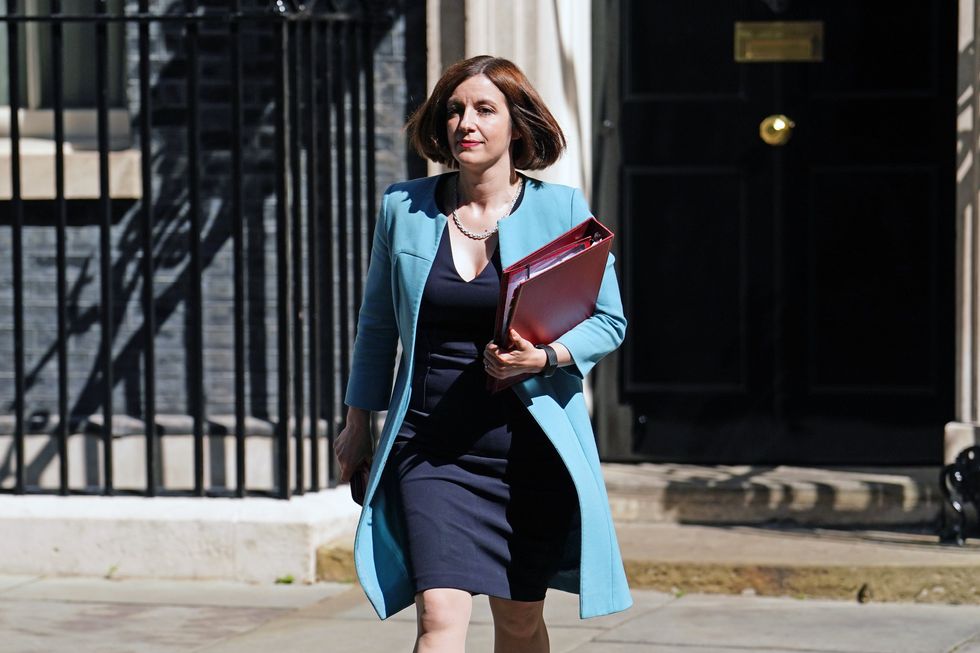Labour lays out emergency contingency plans as officials ‘brace for private schools collapse’ amid VAT raid

Officials are preparing contingency plans for potential private school closures as the Government’s VAT raid on fees is set to take effect in January.
Whitehall sources have confirmed they are bracing for possible shutdowns, particularly among smaller independent schools and those charging lower fees.
The preparations come amid growing concerns about an expected surge in demand for state school places, as pupils may be forced to leave the private sector due to increased costs.
Local authorities are being advised to prepare for an influx of students, though a Government spokesman has called suggestions of a widespread collapse in private education “completely misleading”.

Recent figures from the Independent Schools Council reveal that over 3,000 private school students applied to join state schools between June and September.
An additional 2,500 pupils have given notice to leave in January, according to an ISC survey of 900 member schools.
The Treasury estimates suggest a long-term reduction of around 37,000 private school pupils, representing approximately a six per cent fall in the sector.
The Institute for Fiscal Studies has projected even higher numbers, estimating between 20,000 and 40,000 pupils could leave private education due to the VAT introduction.
LATEST DEVELOPMENTS:
- DVLA issues urgent warning of new car tax changes impacting ‘both new and existing vehicles’
- Rural Labour MPs set to be targeted by farmers in new wave of protests
- Scientists warn volcanic eruption could be disastrous for humanity

Government sources have told officials to monitor private schools that are vulnerable to closure and assess state school capacity in affected areas.
“We have to plan for the worst,” one Whitehall source told The Times. “Officials are monitoring those schools most at risk of closure to help local authorities prepare better where the number in need is significantly greater.”
Another source acknowledged that some private schools face greater risks than others, noting there is “an obvious added challenge we need to prepare for”.
Officials are particularly concerned about smaller independent schools and those in competitive locations, which are considered most vulnerable to the changes.

The Government maintains its policy will raise £1.8billion annually, with funds earmarked for recruiting 6,500 more teachers.
A spokesman emphasised that the expected student transfers represent “less than 0.1 per cent of pupils” in the education system.
“We are confident the state sector will be able to accommodate them,” the spokesman told The Times.
The policy change includes removing both the VAT exemption from January and business rates relief for independent schools from April.
Treasury projections indicate private school fees will increase by approximately 10 per cent following the VAT introduction.
Julie Robinson, chief executive at the Independent Schools Council, expressed significant concerns about the policy’s impact.
“I have every sympathy for local authorities worrying about an influx into schools,” she told The Times.
She questioned whether available spaces in state schools would match local needs: “At a macro level, it is true to say there are spaces in the state sector. But are there spaces in the right places at the right time? We don’t know.”
Robinson warned that the Government had “seriously underestimated the level of movement” resulting from their policies.
“There are a lot of financial shocks building up on independent schools,” she added.

